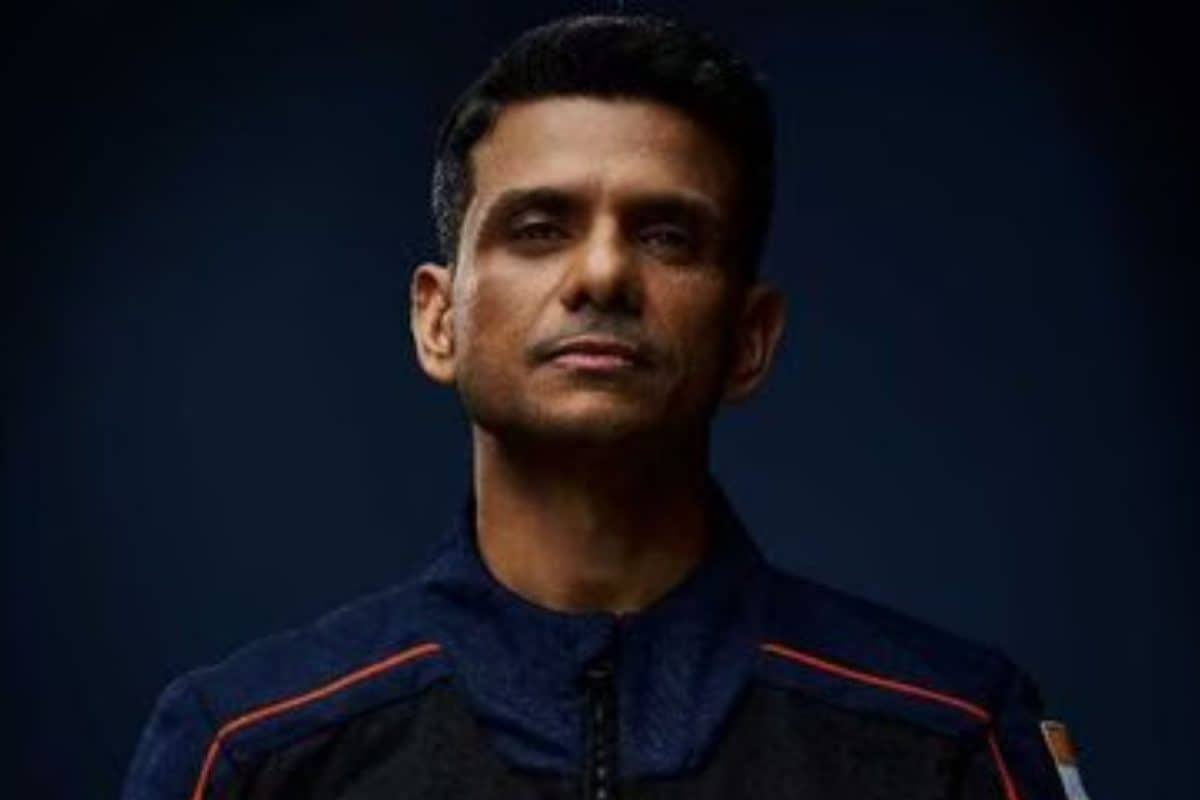

Group Captain Shubhanshu Shukla of the Indian Air Force (IAF) is poised to make history as he embarks on the Axiom-4 (Ax-4) mission to the International Space Station (ISS). This mission, scheduled for launch no earlier than June 11, 2025, at 5:30 PM IST from NASA's Kennedy Space Center in Florida, marks a significant milestone for India's space program. Shukla will be the first Indian astronaut to visit the ISS and the second Indian ever to travel to space, following Rakesh Sharma's journey aboard a Soviet spacecraft in 1984. The launch was initially scheduled for June 10 but was postponed due to unfavorable weather conditions.
Born on October 10, 1985, in Lucknow, Uttar Pradesh, Shukla's journey to becoming an astronaut is an inspiring one. He completed his schooling at City Montessori School in Lucknow and was deeply motivated by the Kargil War in 1999, which fueled his determination to serve his country. He cleared the UPSC National Defence Academy (NDA) examination and earned a Bachelor of Science degree in Computer Science in 2005. Later, he obtained a Master of Technology degree in Aerospace Engineering from the Indian Institute of Science (IISc), Bangalore, showcasing his commitment to both military service and scientific excellence.
Shukla was commissioned into the IAF as a Flying Officer in June 2006. Over his career, he has become an accomplished and respected test pilot, accumulating over 2,000 hours of flying experience across a diverse range of aircraft, including the Su-30 MKI, MiG-21, MiG-29, Jaguar, Hawk, Dornier 228, and An-32. His expertise as a combat leader and experimental test pilot made him a prime candidate for India’s human spaceflight program. He was promoted to the rank of Group Captain in March 2024.
In 2019, Shukla was selected for ISRO's Gaganyaan mission, India's first human spaceflight program. He underwent rigorous training at the Yuri Gagarin Cosmonaut Training Center in Russia, completing his basic spaceflight training in 2021. Subsequently, he returned to India for further mission-specific preparation at ISRO’s Astronaut Training Facility in Bangalore. While the Gaganyaan mission is slated for 2026, Shukla's participation in the Axiom-4 mission allows him to gain invaluable experience at the ISS.
As the pilot of the Axiom-4 mission, Shukla will play a crucial role during the launch, orbital insertion, docking and undocking at the ISS, and the spacecraft's re-entry and landing. He has undergone extensive training on the Crew Dragon capsule's manual control systems. While the Crew Dragon is largely automated, a pilot is required to be trained in taking manual control of the systems in case of a software glitch. The mission will fly in Elon Musk's SpaceX capsule—the brand-new Crew Dragon C213, which will also be taking its first flight.
The Axiom-4 mission, led by former NASA astronaut Peggy Whitson, includes mission specialists Sławosz Uznański-Wiśniewski from Poland and Tibor Kapu from Hungary. The crew will spend approximately 14 days aboard the ISS, conducting around 60 scientific experiments. These experiments include seven planned by ISRO and five others in which Shukla will participate as part of NASA's human research program. Additionally, Shukla will be involved in five collaborative studies organized by NASA. He will also conduct exclusive food and nutrition-related experiments developed under a collaboration between ISRO and the Department of Biotechnology (DBT), with support from NASA. These experiments aim to pioneer space nutrition and self-sustaining life support systems vital for future long-duration space travel.
Shukla is married to Dr. Kamna, a dentist, and they have a four-year-old son. His father, Shambhu Dayal Shukla, is a retired government officer, and his mother, Asha Shukla, is a homemaker. He has two elder sisters, Nidhi and Suchi. In his free time, Shukla enjoys physical exercise and reading science and space literature.
The Axiom-4 mission is more than just a personal achievement for Group Captain Shukla; it is a moment of national pride for India. It represents a significant step forward in the country's space capabilities and a "befitting tribute" to the pioneers of Indian space research.